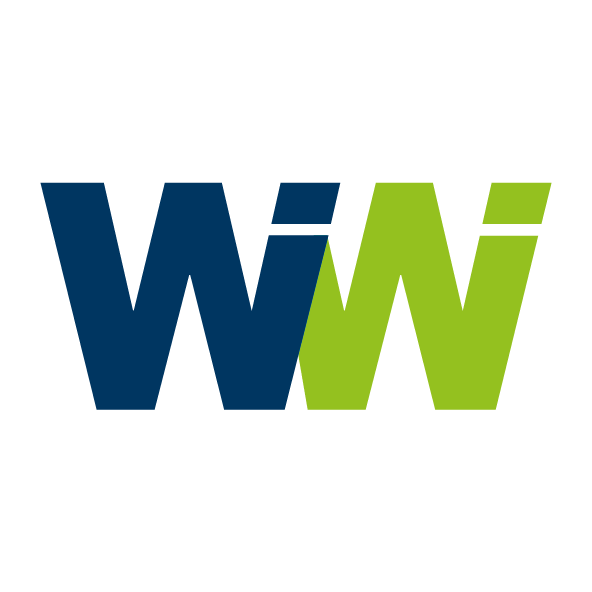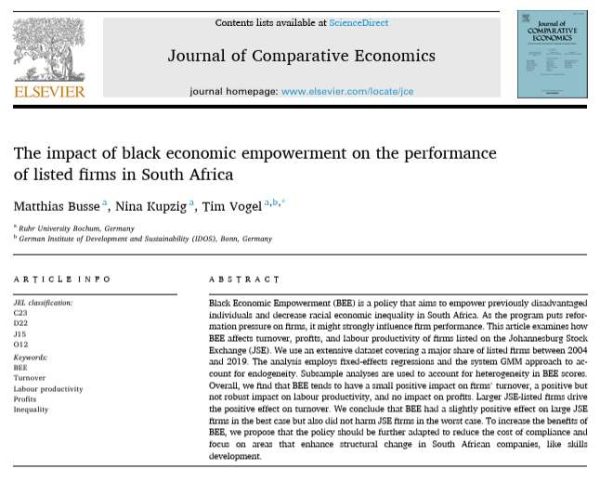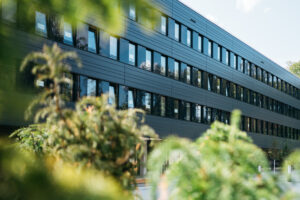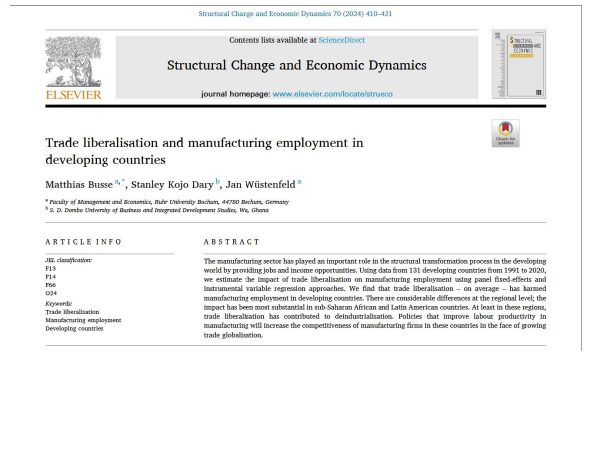International Economics
About us
At the Chair of International Economics, we focus our teaching and research on economic relations between countries. We examine the causes and effects of international trade in goods and services and global capital flows (especially foreign direct investment). We are particularly interested in countries with low- and middle-income levels (so-called emerging markets or developing countries).
Here you can find us:
Ruhr-Universität Bochum
Internationale Wirtschaftsbeziehungen
Gebäude GD, Ebene 03
Sekretariat Raum 323
Click here for directions to RUB,
directions to GD, Level 03 - WiWi
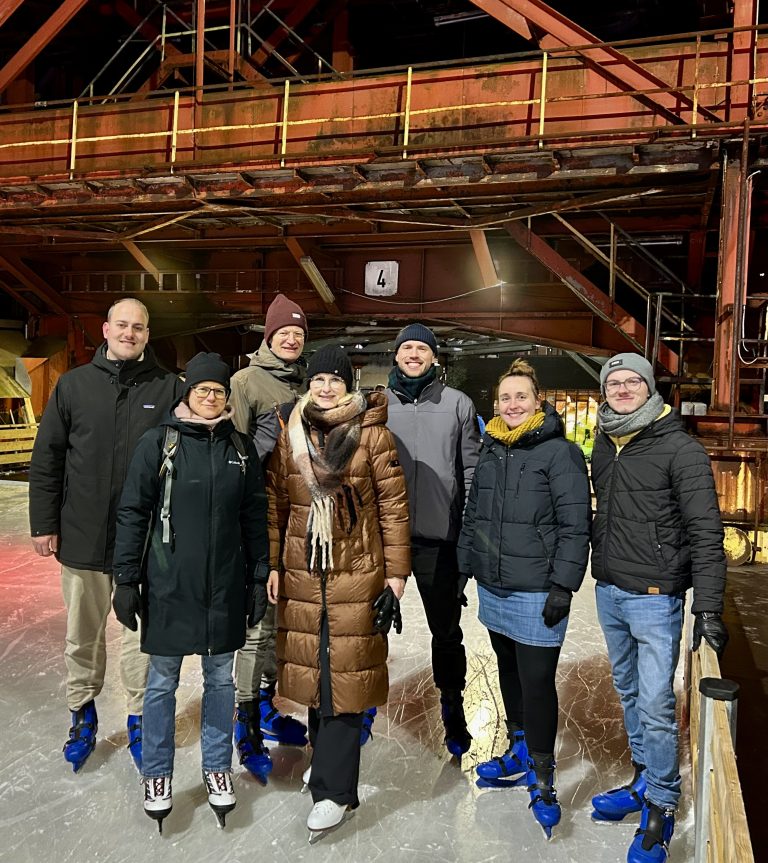
Team
Teaching
Information on:
As part of your bachelor’s degree program, you must write a seminar paper. You are most welcome to do this at our chair, but only as part of the module Case Studies in International Economics. This seminar will be offered at least once a year. Please note the basic rules of scientific writing when writing a seminar paper. You can find a corresponding information sheet here.
You are welcome to write your bachelor’s thesis at our chair. The topic of your thesis will be in international trade or international finance. Please note the following requirements:
- Prerequisites according to the examination regulations, i.e. number of credit points, seminar paper, etc.
- Completing one (or more) of the modules Foundations of International Trade, International Finance, or Case Studies in International Economics.
You can still write your bachelor’s thesis with us if you have not fulfilled the second requirement. However, you are then expected to acquire basic knowledge in trade or finance independently.
Please register for your bachelor’s thesis via the faculty’s WiWi-BOS system and state that our chair is your first preference. If you have passed one of the modules Foundations of International Trade, International Finance, or Case Studies in International Economics with a good or excellent grade (2.0 or better) and sufficient capacity is available at the chair, you will undoubtedly be accepted (“Festzusage”). The topic of your thesis will always (!) be determined by the chair. However, you have two choices: writing in international trade or finance and writing in German or English here.
If you are interested in writing your thesis at our chair, please send an e-mail, including your transcript of records, to Joana Sulaj. He is the contact person for all inquiries regarding bachelor’s theses.
You are most welcome to write your master’s thesis at our chair. The topic of your thesis should be related to international trade or development economics.
Please note the following two requirements:
- General prerequisites according to the examination regulations (e.g., completed modules totalling at least 60 ECTS) and
- completion of one master module offered by the chair
Although you only need to have attended at least one module at our chair, we recommend that you successfully attend at least one lecture and one seminar. This will give you more extensive methodological and technical knowledge in our field. We will gladly discuss possible research questions with you and help you choose an appropriate topic. We highly value your initiative in selecting a promising topic for your master’s thesis. You can find information on scientific writing here.
Prof. Busse is the contact person for all inquiries regarding master’s theses. If you are interested, please send an e-mail with your transcript of records.
As far as possible, we support academic achievements at other universities in Germany and abroad through generous and uncomplicated recognition of your coursework.
Please note the following information:
- Before your stay abroad, we recommend you coordinate with us an overview of the courses you would like to take. This will help you avoid possible problems with later recognition. Please provide detailed information about the respective courses.
- Master’s students at RUB cannot have courses recognised at the bachelor’s level. Please only take master’s courses at a foreign university as a master’s student.
- After your stay abroad, you must complete the relevant sections of the Recognition Form for Study Abroad from the Examinations Office. In addition to the confirmed grades of the courses you have attended, please also submit information about the examinations you have taken (written examination, term paper, presentation, etc.).
Joana Sulaj is responsible for all recognitions in international economics (international trade and international finance).
Please note that the Chair of Macroeconomics is responsible for recognising courses in macroeconomics, and the Chair for Development Research for courses in development economics.
Registration for module examinations is only possible via FlexNow (or via ZföB for students from other faculties). Any additional selection procedures organised by our department, for example, for seminars, do not replace registration via FlexNow. FlexNow registration via the chair is not possible. The exact registration times for the modules offered and any information on examination dates can be found on the homepage of the Examinations Office. Any changes and updates to the registration/deregistration times will also be announced there by the Examinations Office.
Teaching offers
Research
Research focus
Research projects
Publications
Matthias Busse, Nina Kupzig, Tim Vogel
The impact of black economic empowerment on the performance of listed firms in South Africa, Journal of Comparative Economics, available online 22 April 20205
Matthias Busse, Stanley Kojo Dary and Jan Wüstenfeld
Trade Liberalisation and Manufacturing Employment in Developing Countries, Structural Change and Economic Dynamics, Vol. 79 (2024), pp. 410-421.
Matthias Busse, Tim Vogel
Trade Liberalization, IMF Conditionality and Policy Substitution in Developing Countries, Kyklos, Vol. 77 (2024), No. 1, pp. 256-284
Matthias Busse, Nina Kupzig, Tim Vogel
The impact of black economic empowerment on the performance of listed firms in South Africa, Journal of Comparative Economics, available online 22 April 20205
Matthias Busse, Stanley Kojo Dary and Jan Wüstenfeld
Trade Liberalisation and Manufacturing Employment in Developing Countries, Structural Change and Economic Dynamics, Vol. 79 (2024), pp. 410-421.
Matthias Busse, Tim Vogel
Trade Liberalization, IMF Conditionality and Policy Substitution in Developing Countries, Kyklos, Vol. 77 (2024), No. 1, pp. 256-284
Latest news
postal address:
Ruhr-Universität Bochum
Fakultät für Wirtschaftswissenschaft
Lehrstuhl für Internationale Wirtschaftsbeziehungen
Fachnummer GD 41
44780 Bochum
Phone:
E-Mail:
The chair belongs to the competence field:
